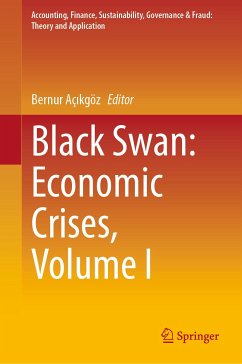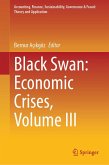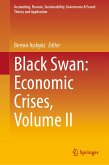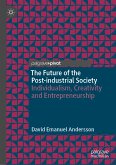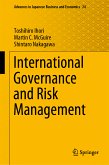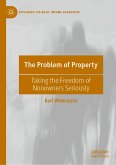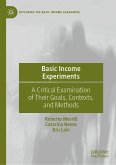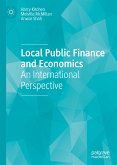This book presents to the reader the economic, fiscal and financial crises in world history that have had a great impact on the entire world and the fiscal measures taken by governments to combat each crisis since the 1600s in chronological order. Such events are often described as Black Swans, a concept introduced by economist and risk analyst Nassim Nicholas Taleb in the book Fooled By Randomness in 2001, in reference to events that were thought to be impossible but had a huge impact when they did happen.
The first part of the book discusses the crisis models in order to allow the reader to better understand the financial, fiscal and economic crises that are detailed in the following chapters. Each chapter starts with an overview of the crisis in question followed by an analysis of the impact on the affected countries. They go on to highlight the causes of the crisis in question, the fiscal and financial measures employed to recover from it and ends on a description of the post-crisis period.
Given the profusion of black swan events that the 21st century has already witnessed, this book would be a valuable read for academics and students of economics as well as practitioners and policy makers.
Dieser Download kann aus rechtlichen Gründen nur mit Rechnungsadresse in A, B, BG, CY, CZ, D, DK, EW, E, FIN, F, GR, HR, H, IRL, I, LT, L, LR, M, NL, PL, P, R, S, SLO, SK ausgeliefert werden.

